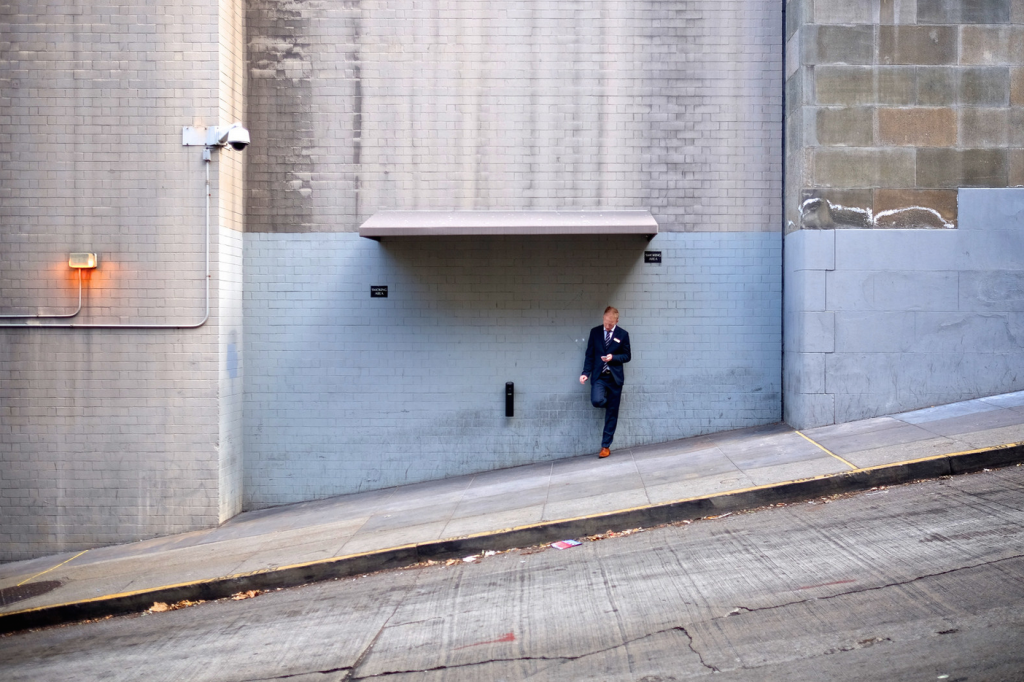It’s About To Get A Lot More Difficult To Run An Airbnb Empire In San Francisco
On Feb. 1, New city regulations — which came about after San Francisco city leadership voted to remove a longstanding ban on short-term, non-hotel rentals — will require Airbnb hosts and others wishing to offer short-term residential rentals register with the city’s Planning Department.
Not only do hosts need to appear in person to go through the application process, but they must demonstrate that the property being rented is the host’s primary place of residence. Specifically, that means the host must live in that property for at least 275 days out of the year. Hosts who recently moved into the home to be rented must have occupied the home for at least 60 consecutive days prior to their application.
Owners of buildings with multiple units will only be able to register the particular unit in which they reside. And a person can only have one short-term rental registered under their name.
These requirements are intended to minimize complaints about hosts who allegedly rent out multiple rooms and homes without ever living in them. Recently released Airbnb data from the New York State Attorney General’s Office found more than 100 hosts in NY who each operated at least 10 short-term rental properties. One Airbnb baron actually ran 272 unique listings, bringing in $6.8 million in rental revenue.
Another not-infrequent complaint involving San Francisco Airbnb hosts came from proper landlords who believed their rental tenants were subletting their apartments to short-term renters without permission. Under the new rules, hosts who do not own their owns must provide the city with a copy of their lease. The city will then contact the relevant property owners to make sure they are aware that their tenants are offering short-term sublets.
There are several other requirements for filing an application, like getting a business registration certificate, obtaining liability insurance of at least $500,000, paying a $50 fee, and not having any outstanding code violations on the property to be let.
Airbnb tells SFgate.com that it intends to make San Francisco hosts aware of the new regulations, but says it will not police the site for violators.
Want more consumer news? Visit our parent organization, Consumer Reports, for the latest on scams, recalls, and other consumer issues.


